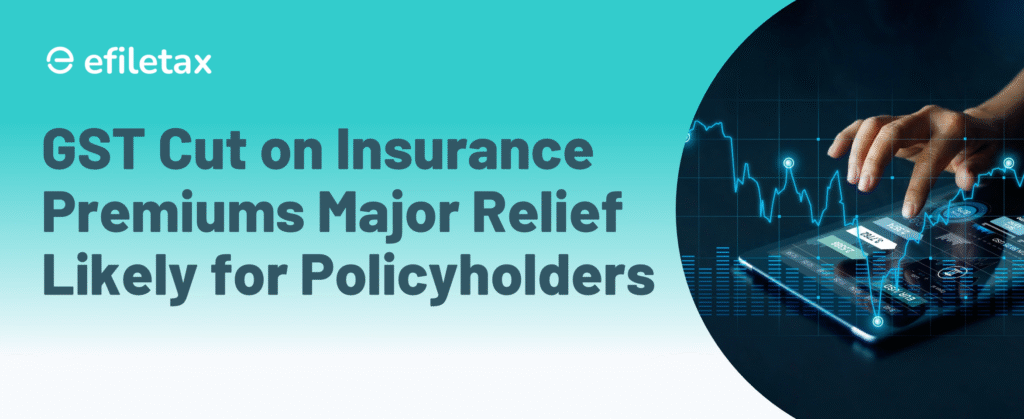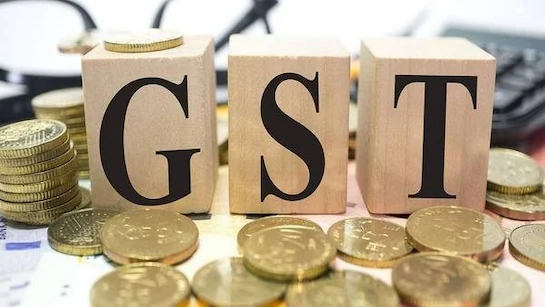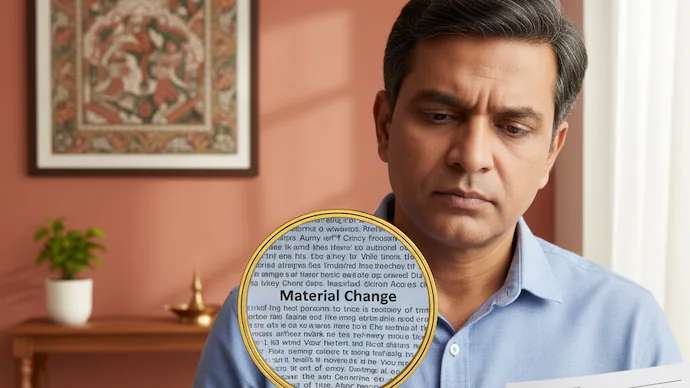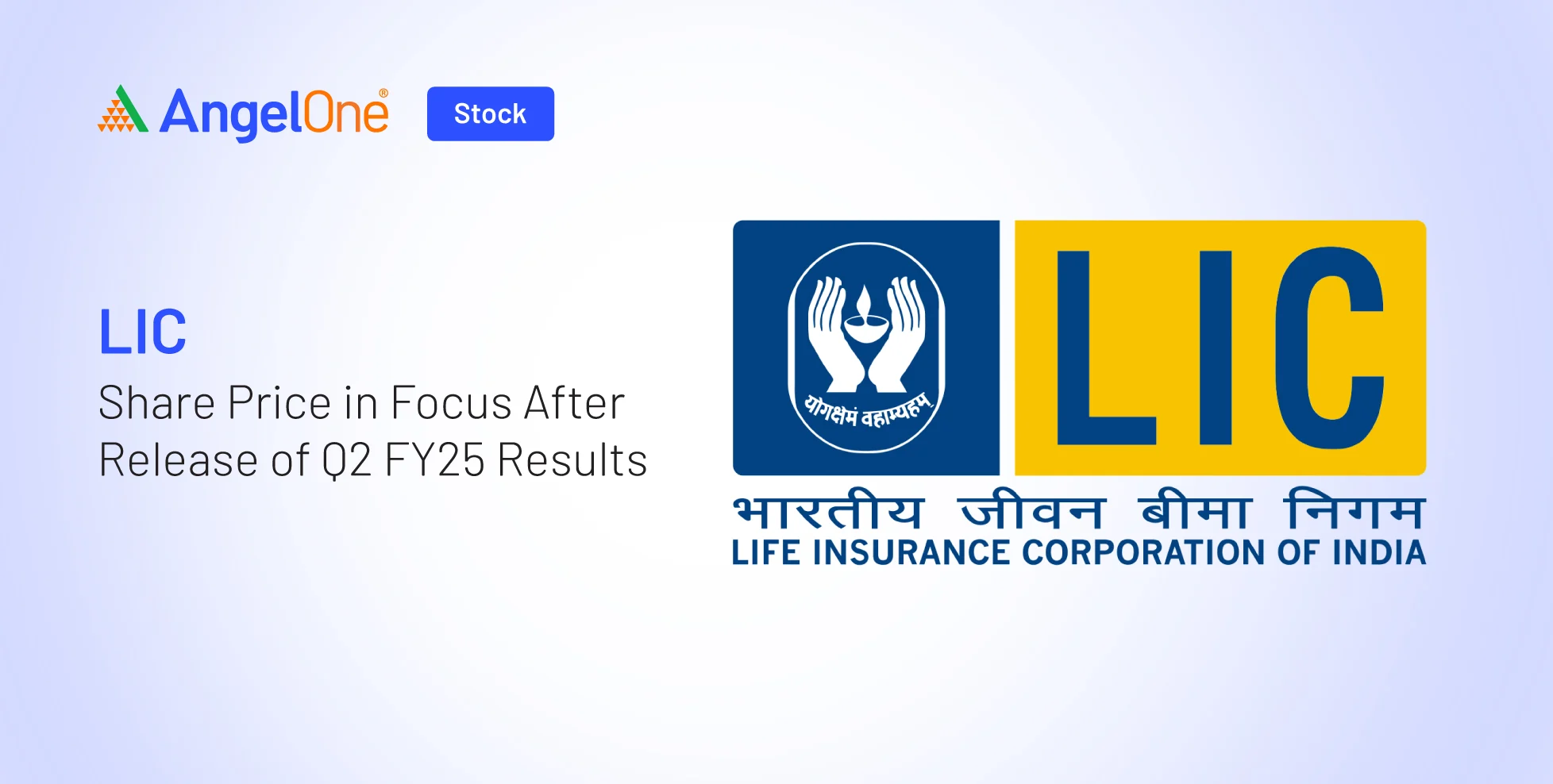Your Insurance Is 18% Cheaper Now: In a major relief for Indian households struggling with rising premiums, the government has fully exempted life and health insurance policies from Goods and Services Tax (GST) starting this week. This reform is expected to reduce policy costs by up to 18% immediately, directly benefitting millions of policyholders. For years, GST has been a significant component of insurance pricing, adding a substantial layer of cost to health, term, ULIP, and annuity products.
Until now, different types of insurance policies attracted varying GST rates, making premiums heavier on the pocket. Health insurance, ULIPs, and term life were taxed at 18%, while endowment policies carried 4.5% GST on first premium and 2.25% on renewals. Single premium annuity policies were taxed at 1.8%. With the exemption, premiums across these categories are set to drop, potentially expanding insurance penetration in a country where coverage levels remain low compared to global benchmarks.
The move comes at a critical time, as families face increasing medical costs and insurers continue to warn about rising claims from lifestyle diseases and pollution-linked illnesses. By removing GST, the government not only reduces out-of-pocket costs but also makes insurance a more attractive and affordable financial safeguard. Experts believe this could encourage those with minimal or no coverage to step up their protection, particularly in health and term life segments.
What Has Changed with GST Exemption?
Previous Taxation System
- Health insurance, ULIPs, term life: 18% GST
- Endowment policies: 4.5% on first premium, 2.25% on renewals
- Single premium annuity: 1.8% GST
New System (Effective Immediately)
- All individual life and health insurance policies: 0% GST
- Policyholders will only pay the base premium, without any added GST burden.
Insurers Response to GST Exemption
Private Sector Insurers
Anuj Tyagi, MD & CEO of HDFC Ergo General Insurance, confirmed that his company will pass on the GST benefit fully to customers. Other private players, including life and health insurers, have made similar commitments.
Public Sector Insurers
PSU insurers have already indicated they would transfer the full benefit to policyholders without delay.
Health Insurers’ Wait-and-Watch Mode
Pure health insurers like Niva Bupa Health Insurance confirmed that while they will pass on the GST benefit, they are assessing the impact of losing Input Tax Credit (ITC) on their balance sheets. A spokesperson said the exemption could boost sales volumes and encourage customers to opt for higher sum assured policies.
Read about: Pollution Pushes Health Insurance Premiums Higher: What Policyholders Must Know
The Input Tax Credit (ITC) Challenge
While GST exemption is a win for customers, insurers face a new challenge. Under the next-generation GST reform:
- Insurers cannot claim ITC on expenses like brokerage, commission, and reinsurance for individual health and life policies.
- Reinsurance and commissions account for nearly 90% of insurers’ total expenses.
- With “exempt” classification, insurers must reverse ITC claims, raising their embedded costs.
This creates a paradox: while premiums get cheaper for customers, insurers’ profitability may shrink in the medium term. Some analysts warn that this could lead to higher premiums in the future if sales growth does not offset the ITC losses.

Why This Reform Matters for Policyholders
- Lower Premiums: Direct savings of up to 18% on policies.
- Higher Accessibility: Insurance becomes more affordable, encouraging wider adoption.
- Encouragement to Upgrade Coverage: Families may now choose higher coverage amounts due to reduced premium outgo.
- Boost to Health Insurance: At a time of rising healthcare costs, lower premiums will make health insurance a must-have, not a luxury.
Conclusion
The GST exemption on life and health insurance is a landmark decision that puts policyholders first. By eliminating up to 18% in taxes, the government has ensured immediate savings for families, making protection more affordable. This move could significantly improve insurance penetration in India, where coverage rates remain among the lowest in Asia.
For insurers, however, the picture is more complex. The loss of ITC benefits could dent their profitability, as reinsurance and commission costs now become harder to absorb. While most insurers have promised to pass on the benefit in full, their long-term strategies may evolve depending on how sales volumes respond.
In the short run, policyholders clearly stand to gain. Families can expect cheaper premiums on health, term life, ULIPs, and annuity products, making financial protection easier to access. For the industry, the challenge will be balancing affordability with sustainability.
Ultimately, this reform highlights the government’s focus on financial inclusion and health protection, ensuring that insurance becomes a more integral part of household planning. As insurers and customers adapt to this new reality, one thing is certain: for now, your insurance just got a whole lot cheaper.
Also read: iPhone 16 Pro Gets Biggest Price Cut of the Year on Flipkart Big Billion Days: Save Up to ₹50,000
Frequently Asked Questions
1. How much cheaper will my insurance be after GST exemption?
Your insurance could be up to 18% cheaper depending on the policy type. For example, health insurance and term life policies previously attracted 18% GST. Now, you only pay the base premium, without any additional tax.
2. Which insurance products are covered under the GST exemption?
The exemption applies to all individual life and health insurance policies. This includes health insurance plans, term life policies, ULIPs, endowment policies, and single premium annuities.
3. Will insurers pass on the full GST benefit to customers?
Yes. Both public and private sector insurers, including HDFC Ergo and Niva Bupa, have confirmed they will transfer the full benefit. However, some health insurers are monitoring the impact of losing ITC on their financials but remain optimistic that higher sales will cushion the effect.
4. What is the downside of GST exemption for insurers?
The main drawback is the loss of Input Tax Credit (ITC) on expenses like commissions and reinsurance. Since these make up about 90% of insurers’ expenses, companies may see lower profit margins. If volumes don’t rise significantly, they might adjust future premiums to manage costs.
5. How will this reform impact insurance buyers in the long term?
In the short term, premiums will definitely be cheaper, encouraging more people to buy or upgrade insurance. In the long term, if insurers’ profitability is squeezed due to ITC losses, there is a possibility of premium adjustments or revised product structures. However, the government’s intent is to make insurance accessible, so affordability is likely to remain a priority.







1 thought on “Your Insurance Is 18% Cheaper Now: GST Exemption Brings Relief to Policyholders”